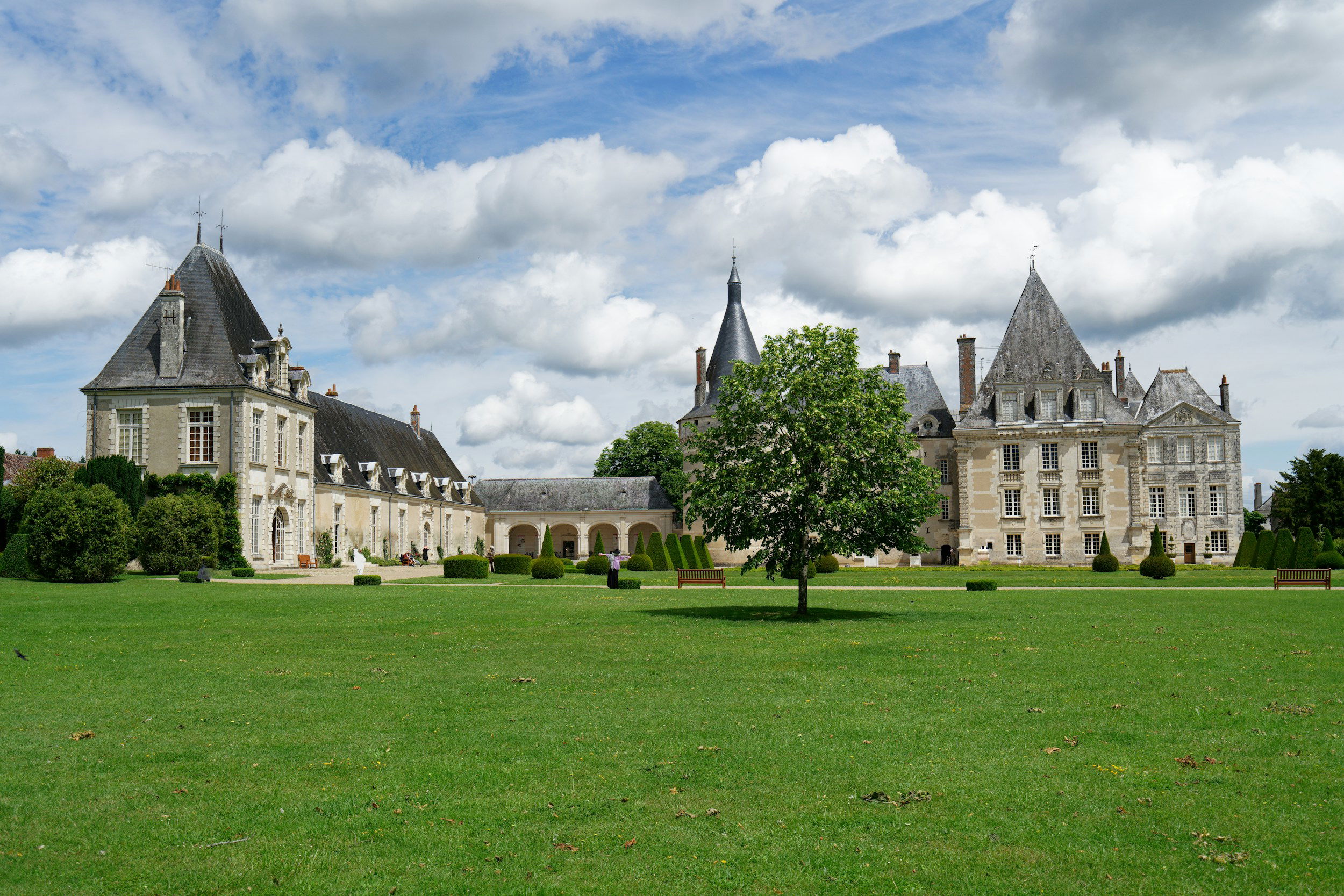History of Benin: Journey from Ancient Dahomey Empire to Modern Nation
Introduction
Although a small country in West Africa, Benin is known for its rich history and cultural heritage. As part of the ancient Dahomey Empire, Benin was a powerful kingdom, renowned for its military prowess and trade. Today, Benin is known as a peaceful country, where historical sites, cultural heritage, and natural beauty attract tourists.
Rise of the Dahomey Empire
The Dahomey Empire is the main focus of Benin's history. Founded in the 17th century, this empire was one of the most powerful states in West Africa. The kings of Dahomey were known for their military prowess and well-disciplined armies. The historical capital of Dahomey, Abomey, is still a significant tourist attraction today, with the palaces of the Dahomey kings listed as a UNESCO World Heritage Site.
Slave trade and colonial rule
The Dahomey Empire was a center of the slave trade, which was an important part of the West African economy in the 18th and 19th centuries. Commercial relations with Europeans were established through Abomey and other ports for the slave trade. In 1894, the French occupied the Dahomey Empire and established it as a French colony. The colony of Dahomey became known as Benin in 1958 and gained independence in 1960.
History of Benin after independence
After independence, Benin went through several political changes and military coups. In 1972, military leader Mathieu Kérékou seized power and transformed Benin into a socialist state. However, in the 1990s, democratic processes were restored and Benin transformed into a democratic state. Today, Benin has established itself as a stable democratic country, renowned for its cultural diversity and historic architecture.

Main attractions in Benin
Benin's tourism industry is largely based on its rich history and cultural heritage. Benin has some major tourist attractions that are of particular interest to tourists:
- Abomey Palace : Abomey, the ancient capital of the Dahomey Empire, is home to the palaces of the Dahomey kings. It is listed as a UNESCO World Heritage Site and is a must-see for learning about Benin's history.
- Ouidah : The city of Ouidah was a hub for the slave trade. The "Point of No Return" memorial here paints a grim picture of the history of the slave trade.
- Penzari National Park : Located in northern Benin, this park is one of the largest and most important wildlife reserves in West Africa. It offers safari and wildlife viewing opportunities, providing a unique experience for nature lovers.
- Ganvi : This floating village on Lake Nkouou is a unique cultural heritage of Benin. The Tofinu people who live in this village are known for their traditional lifestyle and dance and music.
- Cotonou : The city of Cotonou, the main commercial center of Benin, is famous for its markets, restaurants, and cultural centers. It offers a glimpse into modern life in Benin.
Culture and tradition
Benin has a diverse and rich culture. It is home to the Fon, Adja, Yoruba, and other ethnic groups, who maintain their own culture, language, and traditions. The traditional religion of Benin is Voodoo, which is an important part of the lives of the people here. Benin hosts various festivals, dances, and music events, which are a special attraction for tourists.
Conclusion
Benin's history and culture offer a unique experience for tourists. Its ancient Dahomey Empire, traditional religion, and natural beauty are major